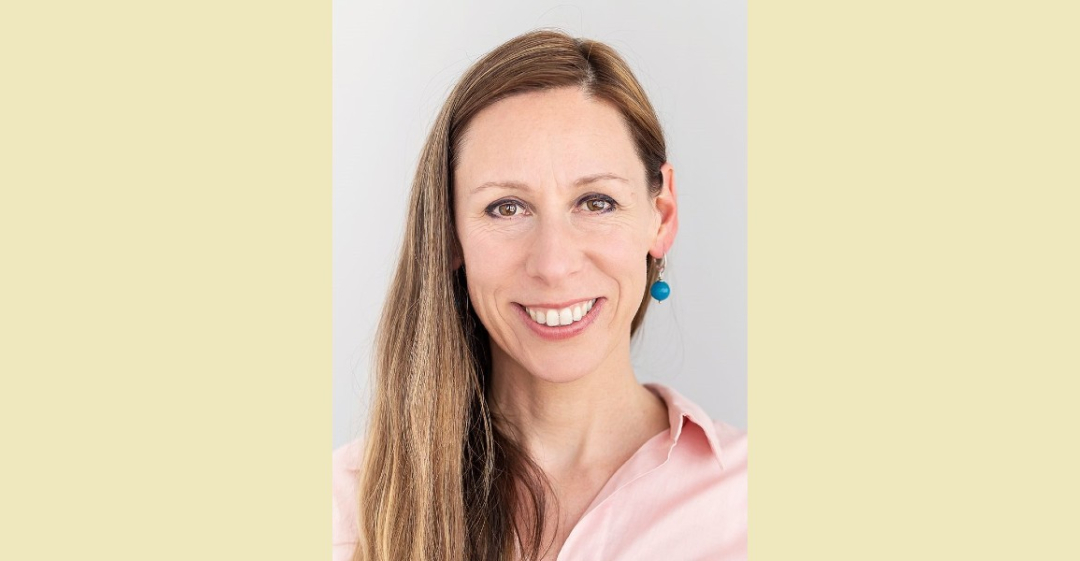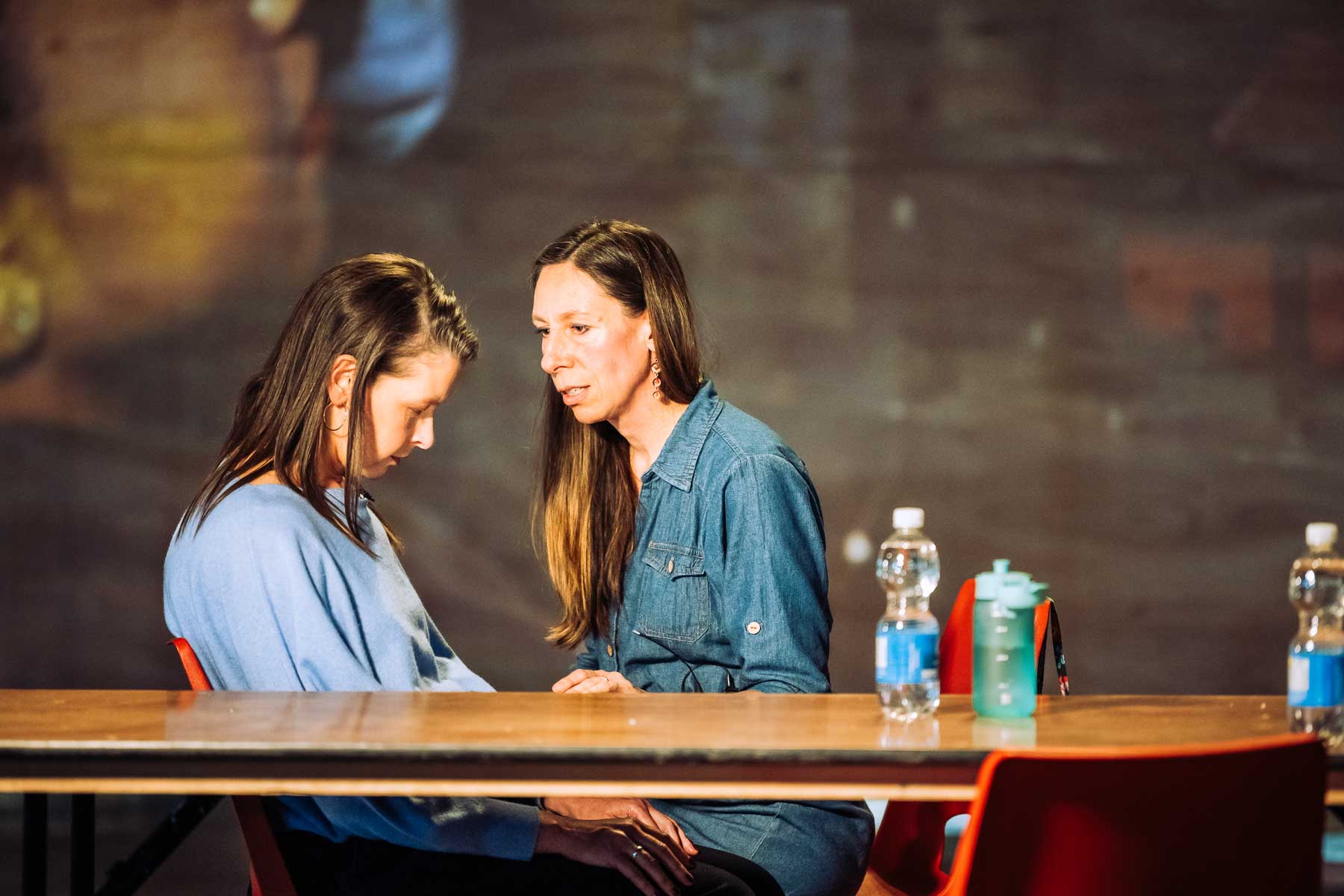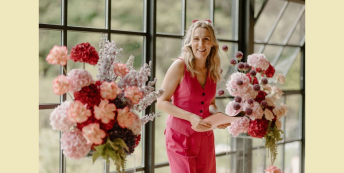“Academic research felt like a dead end, with no clear path or security for me.”

What work were you doing previously?
I was an academic researcher in social sciences and public health.
What are you doing now?
I run my own business.
I’m a hypnotherapist, aphantasia educator and a wellbeing and research consultant.
Why did you change?
After 18 years of fixed-term research contracts, I’d become disenchanted with academia.
I was also facing a lot of challenges in my family life. This made it very hard to keep up with the never-ending and ever-growing demands of academic work.
I understood there just wasn’t a career path for me within academia. The lack of employment security and opportunities for career progression as a researcher started really getting to me.
Although I had an excellent track record of research and impact work which looked good for the university and successful to the outside world, I wasn’t really benefitting from it.
Since I’d moved into part-time employment, I had no employment security and finances were tight. I’d basically reached a ceiling to my earnings as a researcher within academia.
Academic research started feeling like a dead end, with nowhere for me to go.
When was the moment you decided to make the change?
I’d been feeling like it was time to change careers for a while, ever since it dawned on me that a long-term career in academic research wasn’t viable.
The defining moment came when I won a prestigious grant as a leader of a research team. This was a pivotal moment in my academic career, a potential springboard to promotion.
But instead of joy, all I felt was heaviness. It was this feeling that made me realise it really was time to go.
How did you choose your new career?
In a way, my new career chose me.
During the pandemic, I wasn’t in a good frame of mind and I was looking for something to lift me up. I started delving into the world of personal development.
I found a course on positive thinking run by a hypnotherapist. I had never come across hypnosis before (apart from evil hypnotists in Scooby Doo films - clearly not a realistic representation!) and had no preconceived ideas.
As part of the course, he was doing some group hypnosis sessions and during one of these, I had a weird experience. This intrigued me so much that I just had to find out more (once a researcher, always a researcher!).
I became so fascinated by hypnosis and its potential for improving people’s lives that I decided to train in it.
However, this training was not without its challenges and I fell off the wagon a couple of times.
Why? Because I have aphantasia - weak or lacking mental imagery. In my case, it meant I couldn’t tap into visualisation or my internal sense of smell, touch, taste or hearing.
Most hypnosis techniques rely heavily on using mental imagery. I just couldn’t experience all the wonderful techniques I was learning and successfully using to help others.
I very quickly acquired the reputation of being a ‘difficult subject’ and a challenge to work with. My problems with experiencing hypnosis discouraged me so much that I discontinued training.
I remained fascinated by hypnosis though and at some point came across trainers I really liked and who were willing to accommodate me.
After each demonstration they would check in with me and ask, “So, Paulina, how was that for you?” To which most of the time I’d respond with, “Meh.”
That’s when a few other course participants got in touch with me to say, “OMG, I’m the same! And I also can’t experience hypnosis!”
That’s when I realised that it wasn’t just me and again my research background kicked in. I thought to myself: “This is clearly a problem and it needs to be researched and it needs a solution.”
So I set up a research project on aphantasia and hypnosis.
In the meantime, my fixed-term contract with the university was coming to an end. I decided I wasn't going to search for another academic job but would set up my own business.
And that’s how I launched No Woo Woo! in December 2022. My business has changed a lot over the last few years.
As a multi-passionate individual, I wanted to integrate all my talents, skills and interests in my business activities – which I’m sure sometimes confuses people.
With time, my work on aphantasia has grown arms and legs. I became a speaker on aphantasia, run a Facebook group for aphantasics, have started a YouTube channel, and run training for other hypnotherapists on working with aphantasic clients.
This is certainly not the direction I was expecting my business to go in when I started it!
I now do a few things: research and wellbeing consultancy, hypnotherapy, and education and training on aphantasia (and other things from time to time!).
Are you happy with the change?
Yes.
Running a business certainly isn’t for the faint-hearted. It’s a big learning curve and requires a lot of hard work. But at the same time, it gives me a lot of satisfaction.
What I like most about my new career is that I can help people directly and I see the results of my work fast - not something that would’ve ever happened in academia!
Many of my clients struggle with anxiety, low self-esteem, negative thinking, imposter feelings or perfectionism. I help them overcome these quickly and effectively through a mix of coaching and hypnotherapy.
I also continue to do research - both my independent research on aphantasia and hypnosis, and research consultancy.
What I love about running a business is that the possibilities are unlimited. Everything depends on me and where I take it. I very much enjoy this freedom.
What do you miss and what don't you miss?
I miss being around people and in a work environment with others.
I’m a solopreneur and work from home most of the time so things can get really lonely at times.
I also miss being part of a larger organisation and all the opportunities that it creates.
I do NOT miss the politics, the constant pressure on achievement and the feeling that whatever I do, it will never be good enough. I also don’t miss writing academic papers!
How did you go about making the shift?
I started doing various professional and business courses.
Before making the shift, I did many, many courses! (way too many, to be completely honest!).
I also started connecting with people outside academia. I joined a business network months before starting my business, just to meet other business owners and see what it’s like to be among them!
This helped me greatly in understanding what running a business is about and I also gained a huge new support network, something I think is absolutely crucial when changing careers.
How did you develop (or transfer) the skills you needed for your new role?
I developed the skills through training and connecting with others.
Running a business is the biggest personal development adventure ever and you’re always having to develop new skills.
What didn’t go well? What wrong turns did you take?
In hindsight, I did too many courses.
I did these instead of implementing what I had learnt and seeing how that worked out.
I also over-invested in these which later hit me in the face!
Business can be very financially insecure. It’s much better to put money aside so you have a financial cushion to fall back on than to keep acquiring new qualifications.
How did you handle your finances to make your shift possible?
Not too well!
I had some savings that I dipped into.
What was the most difficult thing about changing?
One of the hardest things for me was to start representing myself rather than an organisation.
It was especially hard for me to announce to the world that I am leaving academia to do hypnotherapy. There are so many misconceptions around it and it has a bit of a reputation!
I was scared that I would lose the solid reputation I had worked for almost 20 years and people were going to think that I’m going through a midlife crisis and have just lost it, haha!
This is why I called my company No Woo Woo! I wanted to convey to the world that hypnosis is not woo woo.
But now I’m thinking I’ve outgrown that name and it might be time for a change.
What help did you get?
I got most help and support from the business network I joined.
Many people shared experiences, advice and were cheering me on in making the shift from academia to business.
What have you learnt in the process?
That running a business is the biggest personal development journey you’ll ever get on.
That you might need to let go of your old identity and build a new one. That the traits that might have served you well in one career may become a big obstacle in the other!
That letting go of perfectionism and learning to just treat everything as an experiment is key in running a business. And that you just can’t and shouldn’t do it alone.
What do you wish you'd done differently?
I wish I would’ve decided on pursuing one thing, built momentum and then moved to the other.
Rather than going round in circles in my head trying to decide what my ‘niche’ or area of focus is.
It’s better to focus on one thing, get good at marketing it, and build from there.
What would you advise others to do in the same situation?
Build your networks.
Find a mentor, take imperfect action and see how things work out. Doing this trumps trying to work things out in your head every time.
What resources would you recommend to others?
Various Facebook groups for information and support depending on what career shift you’re making.
It’s so helpful to connect with people on the same journey as you or who have already made the shift you’d like to make.
For academics wanting to leave academia, I’d recommend Academics Say Goodbye, Alt-Academic Careers UK, The Great Academic Escape, and The Professor is Out.
To find out more about Paulina's services, visit https://www.paulinatrevena.com/
What lessons could you take from Paulina's story to use in your own career change? Let us know in the comments below.



